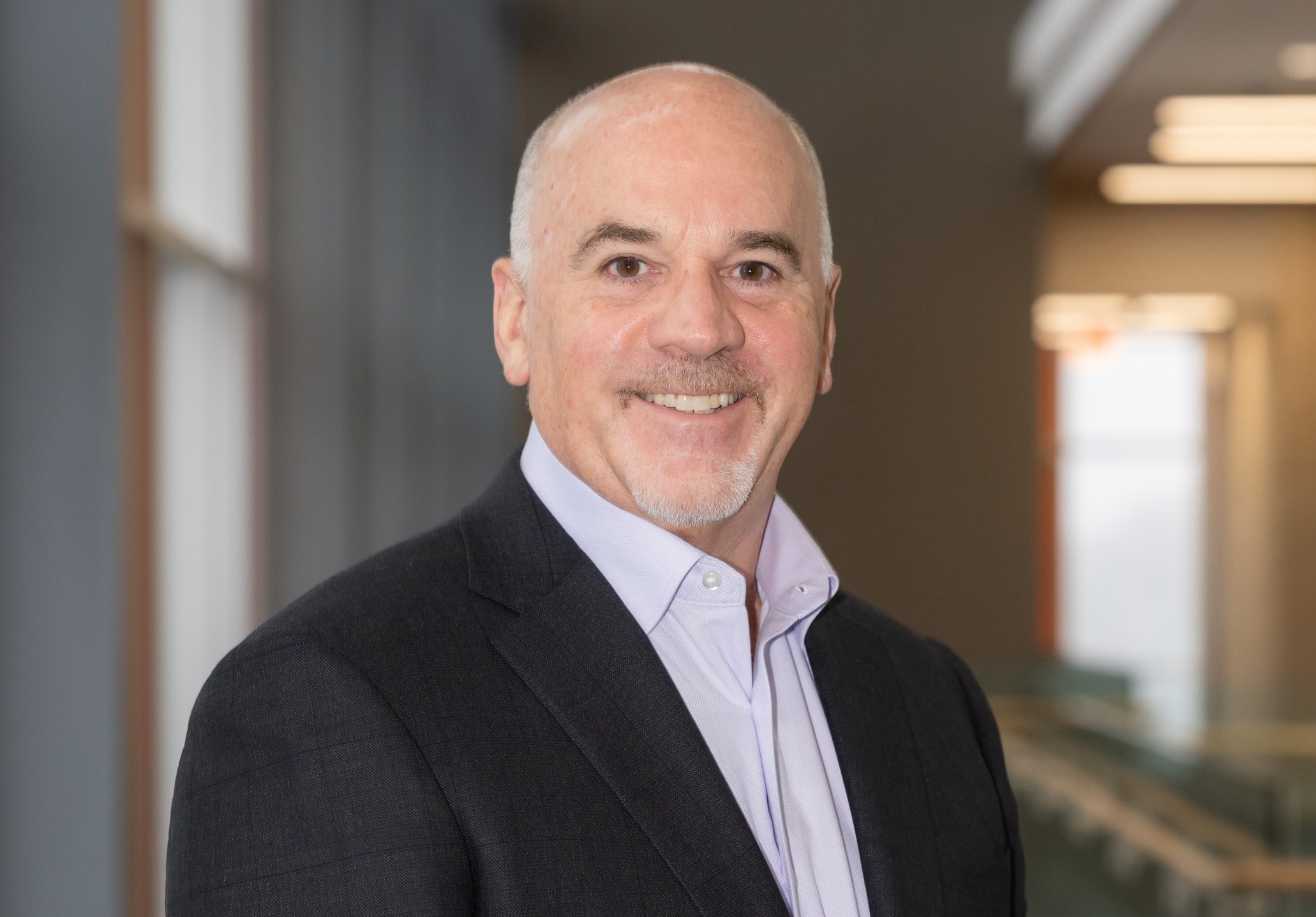“This is a game-changer not only for Texas, but for the future of health,” said Claudia Lucchinetti, M.D., dean of Dell Med and UT’s senior vice president for medical affairs. “Charley Taylor’s talent and expertise in developing research breakthroughs into tools for preventive care, diagnosis and healing is unmatched. Combined with UT’s tradition of excellence in computing and engineering, we have assembled the building blocks to become a powerhouse in a field that’s driving many of the most important health care advances of our time.” UT is home to top-10 engineering and computer science programs, the fastest supercomputer in the academic world and, as part of Oden, the Center for Computational Oncology and the Willerson Center for Cardiovascular Modeling and Simulation.
A pioneer in computational biomechanics, Taylor has provided some of the most important advances to the field of computational modeling for cardiovascular systems, earning him election to the National Academy of Engineering in 2024. In 2010, he co-founded HeartFlow, one of the most successful digital health care companies in the world. It gave rise to the field of predictive, simulation-based medicine and transformed the diagnosis and treatment of heart disease by developing first-of-their-kind, noninvasive AI and computer simulation methods that are part of the standard of care worldwide.
Taylor’s extensive technological and translational expertise presents a unique opportunity for students and faculty interested in developing novel solutions to clinical problems.
“Charley Taylor’s appointment marks the first time an Oden Institute chaired professor has been hired jointly with Dell Medical School,” said Karen Willcox, Ph.D., director of the Oden Institute. “There could not be a better time for Charley to join The University of Texas at Austin. His energy and experience will take our existing strengths in computational medicine to a new level, while his ability to bridge research and clinical impact will be critical in strengthening our relationship with Dell Medical School at this exciting time in the University’s emergence as a leader in health and well-being.”
The University of Texas Medical Center will include two new hospitals — an MD Anderson Cancer Center and a UT hospital designed to accommodate radical advancements in health and technology and to provide complex, comprehensive care extending beyond its walls.
“One of the things that attracted me to UT is the opportunity to participate in the planning and creation of a hospital for the future,” Taylor said. “It’s exactly the right time and place for computational medicine to thrive, helping people to thrive.”
